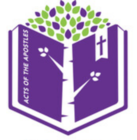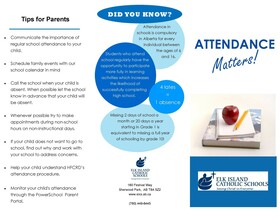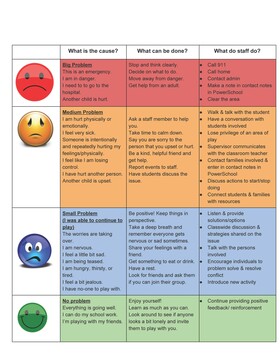Our mission is to develop educational opportunities in the context of Gospel values. Quality Catholic education programming for Pre Kindergarten to Grade 8 ensures all students' gifts and talents are celebrated and nurtured through lifelong spiritual and personal experiences. The primary purpose of assessment is to improve student learning, inform instructional decisions and promote student engagement. Please refer to the St. Luke Catholic School Assessment, Evaluation and Reporting 2024-2025 Guidelines for more information.
Programming to Support All Learners Accommodations
The purpose of accommodations ensure students have equal access to curriculum and a way to be successful. Accommodations is a change or alteration in the regular ways a student is expected to learn, complete assignments or participate in classroom activities. The purpose of accommodations is to ensure that each student has the opportunities and support he or she needs to learn.
Programming retains the learning outcomes of the Program of Studies with additional supports and accommodations. Students receiving accommodations are typically working at the same grade level as their peers. Students receiving accommodations could have the following documentation:
● Collaborative Response Dashboard (CRD)
● ESL Benchmarks
● Instructional Support Plan (ISP, Plan A)
Modified Programming
The purpose of modified programing is to personalize learning outcomes to provide the student with the opportunity to participate meaningfully and productively across a variety of learning experiences and environments. Programming in which the learning outcomes are significantly different from the grade-level provincial curriculum and are specially selected to meet students’ special education needs. Personalized learning outcomes are created to provide the student the opportunity to participate meaningfully and productively across a variety of learning experiences and environments. Modifications typically include significant changes in instruction level, content and/or performance criteria. Students on a modified program must have the appropriate documentation:
● Plan B Instructional Support Plan (ISP)
● A psycho-ed or multidisciplinary assessment
● The decision to modify a student’s program is a collaborative decision made in consultation with Central Learning Services.





